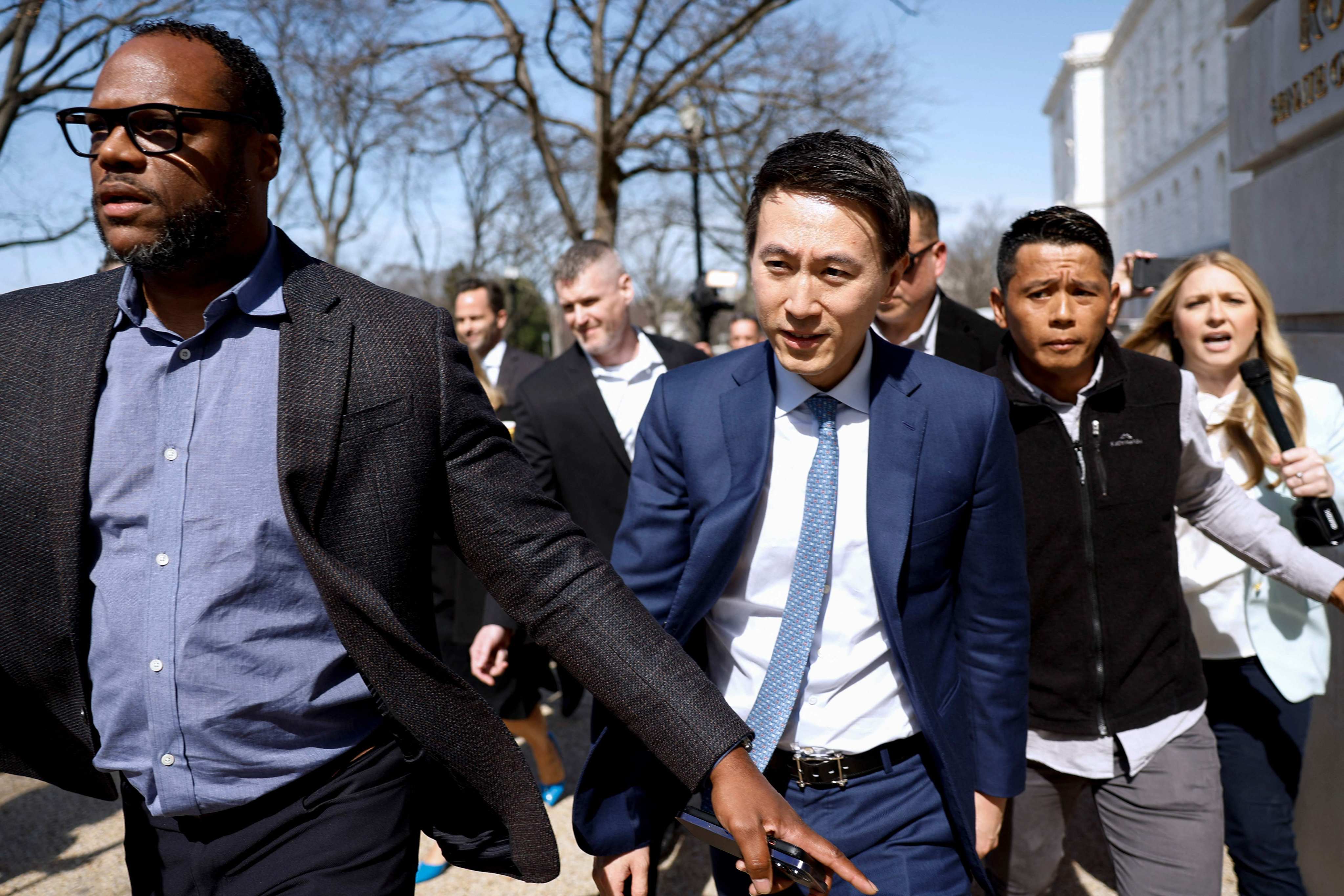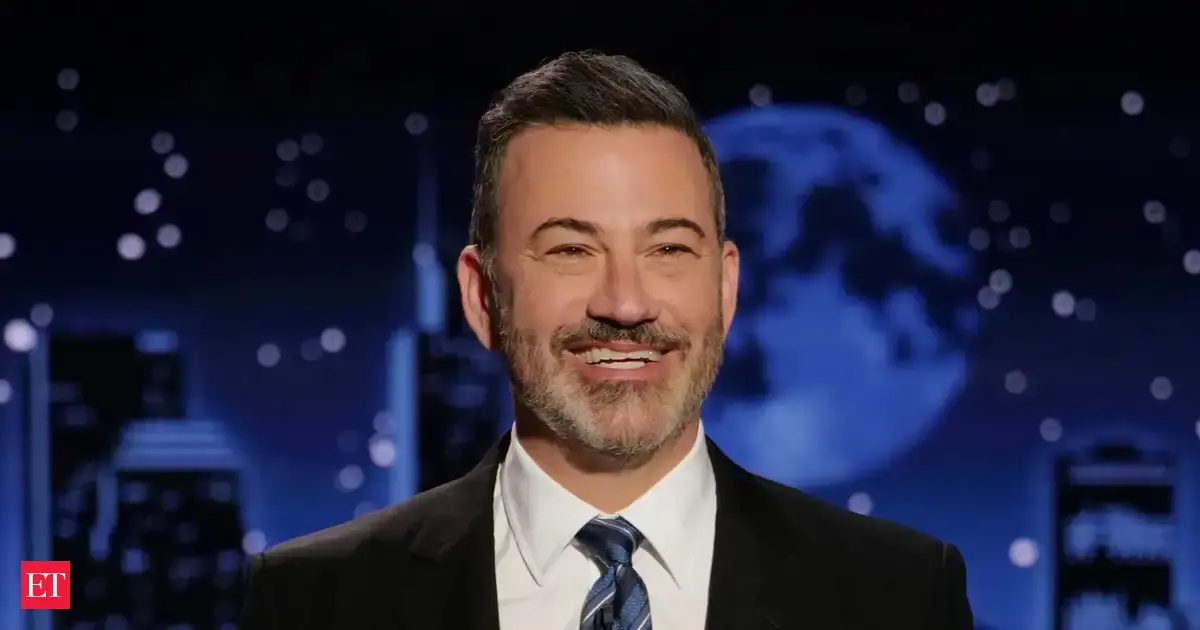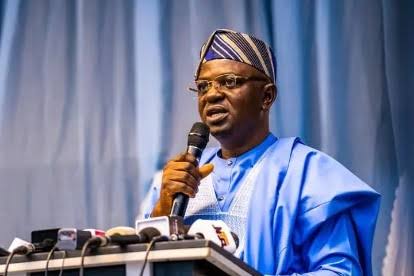By Alex Lo
Copyright scmp

In reaching a compromise on the forced sale of TikTok, Beijing has emphasised that it welcomes companies to conduct business negotiations “in line with market rules”. It is also its view that Chinese firms investing overseas should respect local laws and customs.
In the United States, however, this is particularly challenging, given the idiosyncrasies and complex interplay of its domestic politics, international power dynamics, complicated regulatory regimes and corporate culture.
TikTok has been successful not only in the United States but around the world, not because it is particularly sensitive to foreign societal norms but because, by growing so big so fast, it could disregard them. By the time regulators and politicians noticed it, it was already too late.
It’s the most downloaded app in more than 40 countries. By March, TikTok had 1.83 billion monthly active users worldwide, up from 1.63 billion in 2024. In 2025, the app is projected to surpass 2 billion users, solidifying its lead over Snapchat, X (formerly Twitter) and Pinterest.
TikTok has painted a target on its back due to its pervasive influence in American culture, especially among younger people. The fact that it is Chinese-owned made Washington’s antagonism inevitable.
However, the American hardline response is hardly unique. Take a look at the corporate history of Univision, the largest Spanish-language free-to-air television network in the US. It is a dominant cultural influence within the vast Hispanic community, just as TikTok has become among young Americans.
The forced sale of Spanish International Network (SIN) – which became Univision today – under the administration of Ronald Reagan in the 1980s was eerily similar and may serve as a guide to what is to come for TikTok.
In the early 1960s, the Mexican entertainment mogul Emilio Azcárraga Vidaurreta took over the first Spanish-language TV outlet in the US. Over two decades, the Azcárraga family grew the network into the biggest in Spanish-language broadcasting in the US.
Its success caused corporate intrigue and attracted the attention of sceptical regulators and politicians, according to Javier Marin, author of the forthcoming book Live from America: How Latino TV Conquered the United States. The clash of shareholders, national interests and government agencies turned a business transaction into a decade-long test of US corporate media culture, he told me in an interview this week.
“That is where the resonance with TikTok today becomes clearer,” he said. “Once again, there is ‘the right bidder’ for a sitting administration, an urgent transactional value on both sides, and a publicly stated obligation for the foreign parent to divest if it wants to continue in the US market.”
By the end of a long fight, Marin said, three US federal agencies were involved. The Reagan administration identified its favoured US bidders; the Department of Justice mandated the “forced” sale and the Federal Communications Commission threatened to revoke SIN’s licence if it resisted.
Marin told me that, in many ways, transactional and political power plays were disguised under the banner of regulatory oversight. Just as Beijing played a key role in the TikTok deal, the Mexican government intervened directly with the White House to advocate for the Azcárraga family and the national interests involved.
SIN was sold to Hallmark Cards, the producer of greeting cards, and became Univision. The threats supposedly posed by the Mexican ownership of SIN sounded remarkably similar to those voiced by Washington politicians today.
“Racism always has a place in American history, but I found that the real driver in telecommunications and media cases has been the demand for national control,” Marin said. “In the 1970s and ’80s, there were voices who considered the spread of Spanish a threat to US sovereignty, even calling for punishment of those who spoke it. You can call that racism, yes; but my conclusion was that the government’s move against SIN was less about race and more about power: containing a growing Latino electorate and the media conglomerate that was galvanising it. That same instinct, to ensure national oversight over platforms that shape mass culture, is at play today.”
Today, that electorate is young voters, and instead of ethnic broadcasting, it’s social media.
Besides walking away with a lot of money, the Azcárraga family never lost its grip on Univision. Televisa, the Mexican broadcasting company long controlled by the Azcárraga family, became a major content provider for Univision. Hallmark depended on its tele-novellas, films, football coverage and other programming, Marin said.
“ByteDance is likely to keep its algorithm even if TikTok US changes hands, a parallel form of ‘content dependence’ … no one can rule out unexpected outcomes for TikTok in the years to come. History often turns in surprising ways.”



